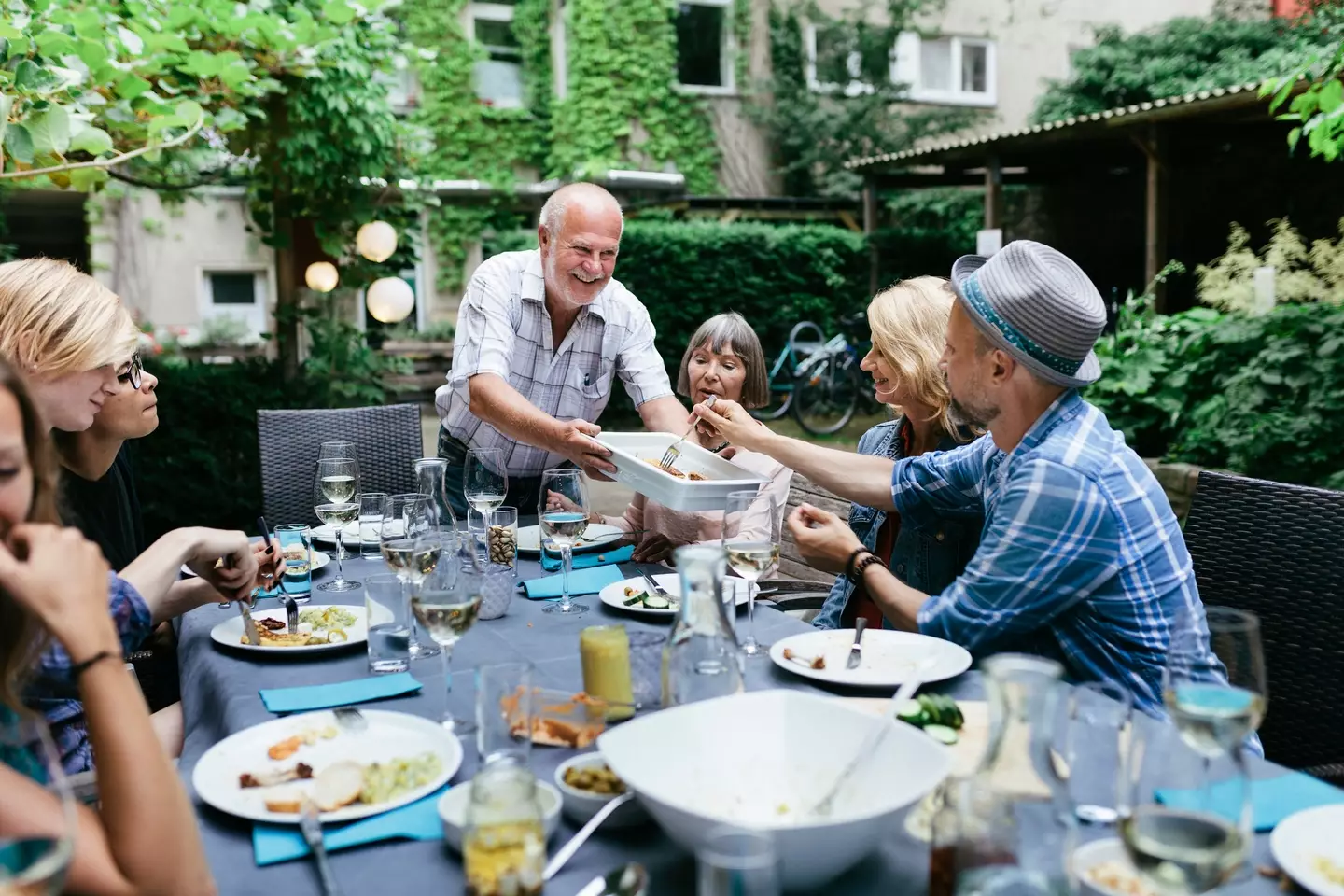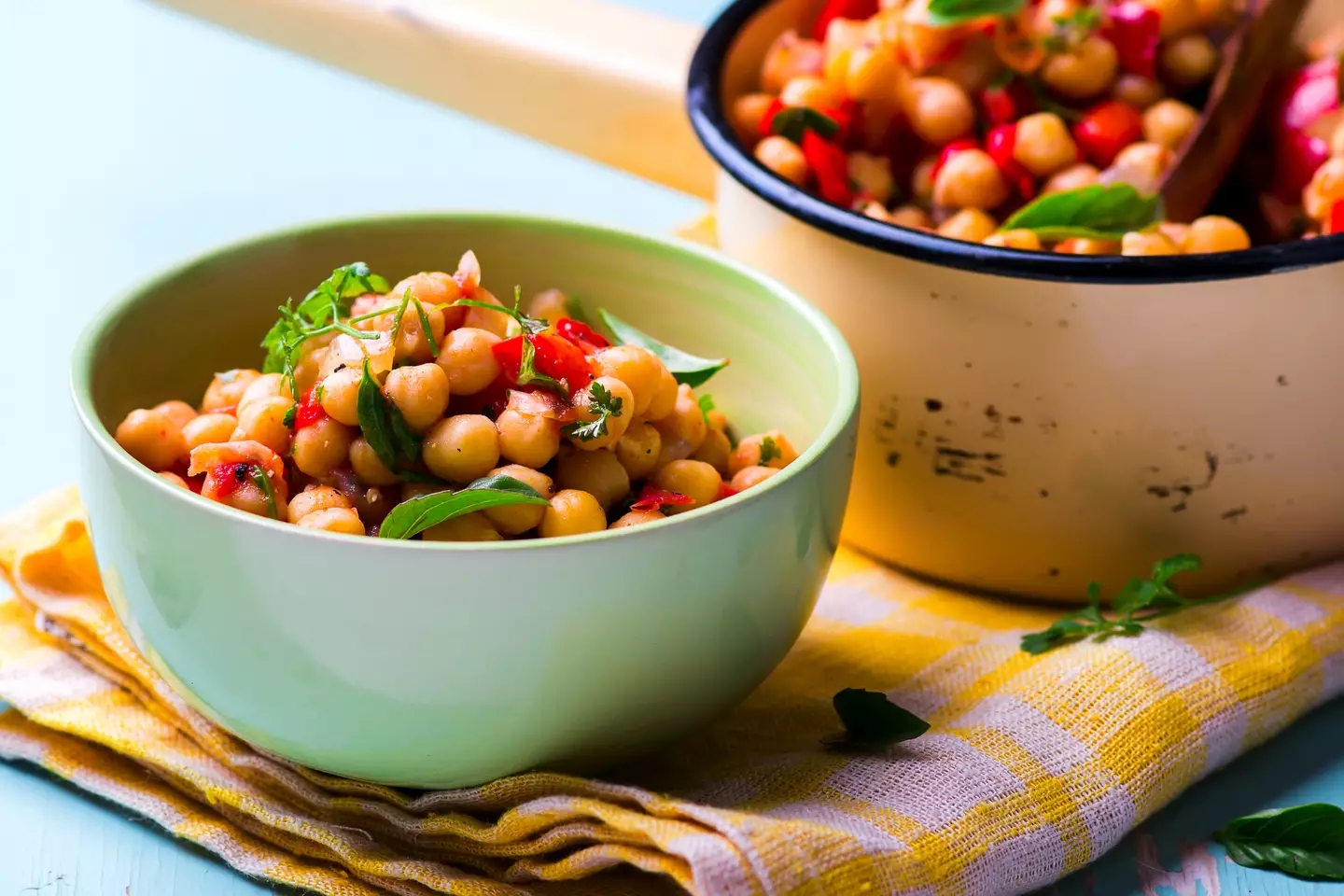
Is there a secret to living longer? Maybe. Studies have shown that genetics only go so far, and as much as 80% of the reasons why some people live longer than others is down to lifestyle and environment.
The so-called Blue Zones®, as established by Dan Buettner, are five pockets of the world where people are living verifiably longer lives by a number of measurements: Ikaria, Greece; Loma Linda, California; Nicoya, Costa Rica; Okinawa, Japan; and Sardinia, Italy - and a study has pinpointed three key diet rules that they all follow.
Buettner explained that the intention of the study was to find lessons that could be applied globally, principles that help build healthier communities and enable people to live longer, better lives.

Advert
While there are lots of components to longevity, including natural activity, a purposeful and positive outlook on life, and fostering connections with communities and loved ones, there are three diet 'rules' that were identified as having an impact on living longer and healthier.
Wine
That's right, wine is said to be an important ingredient for a long life. According to the study, people in blue zones consumed moderate amounts of alcohol - most commonly two glasses a day, but some as much as four glasses a day. It's worth remembering that the UK Chief Medical Officers recommend that adults don't regularly drink more than 14 units of alcohol per week, spread throughout the week and with several drink-free days incorporated. There's roughly 2 units of alcohol in a glass of wine, so do the maths and make sure drinking doesn't exceed healthy limits.
Plant-based diets
It's well-known that eating lots of red meat and processed foods isn't good for us - despite what extreme carnivores like the Liver King might suggest - but the study found that a plant-based diet seemed to help people live longer in the Blue Zones.

A meta-analysis by Buettner of 154 dietary surveys in all five blue zones found that 95 percent of 100-year-olds ate plant-based diets, including plenty of beans, which he describes as inexpensive, nutritionally-rich ways to get plenty of fibre and protein.
The centenarians also ate lots of carbohydrates, but in the form of whole grains and sourdough breads.
80 percent rule
We'd all do well not to over-eat, and a good rule of thumb is the 80 percent rule. Some Okinawans say they stop eating when they feel 80 percent full to avoid over-indulgence, and there is also clinical evidence to suggest that eating slowly, stopping to say a prayer or words of affirmation before meals, not eating in front of the telly, and enjoying a meal with loved ones all lead to a decrease in food intake.
It's also good to consider what we eat and when, since in all five blue zones, people eat a large breakfast and a smaller lunch, and dinner is the smallest meal of the day.
